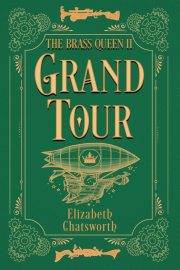Finding That Elusive Writing Time
by Anthony Izzo
Next to people wondering where a writer’s ideas come from, the question I hear most is “How do you find the time to write?” Currently, I’m working on my 18th novel. Like many other writers, I hold a day job. With a 9-5 job, family obligations, and other responsibilities, how do you find time?


